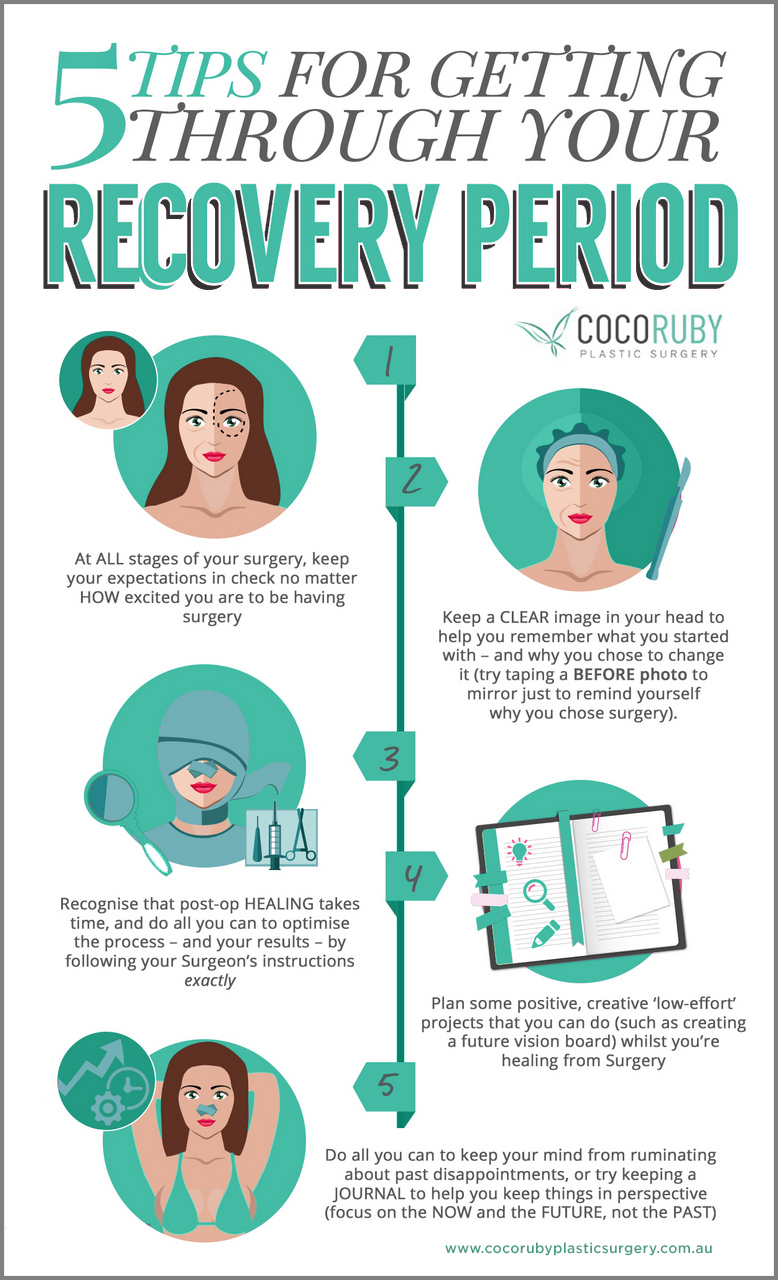How Emotional Analyses Boost Plastic Surgery Outcomes
By thoroughly examining patients' psychological and emotional states, cosmetic surgeons can obtain important understandings into their inspirations, assumptions, and potential mental obstacles. As we discover the nuances of this technique, the implications for both person fulfillment and long-term mental health come to be obvious, raising essential concerns concerning its role in shaping the future of cosmetic surgical treatment.
Understanding Mental Analyses
Psychological assessments in the context of cosmetic surgical procedure function as vital tools to assess a client's psychological and mental readiness for surgical treatment. These analyses are created to determine underlying psychological conditions, such as body dysmorphic disorder, clinical depression, or stress and anxiety, which may influence a person's assumptions and satisfaction with surgical results.
The process usually involves organized meetings, standard surveys, and medical analyses provided by qualified mental wellness experts. By systematically exploring a person's motivations for seeking cosmetic surgery, these analyses assist to determine whether the desire for surgery stems from practical self-improvement goals or from much deeper mental concerns.
Moreover, psychological analyses can help with educated decision-making by guaranteeing that patients completely understand the possible risks and advantages connected with cosmetic treatments. This understanding is vital for straightening individual assumptions with reasonable end results, ultimately adding to an extra satisfying medical experience.
On top of that, these analyses can determine clients that might benefit from preoperative psychological support or therapy, thereby enhancing their general health. Thus, comprehending mental analyses is vital for enhancing both the emotional and medical results of plastic surgery.

Advantages for People
The execution of psychological assessments in plastic surgery provides various benefits for patients, considerably enhancing their overall experience. These evaluations offer a structured opportunity for people to discover their motivations for seeking surgery. Understanding their underlying needs can promote even more enlightened decision-making, lowering the probability of remorse post-surgery.

Additionally, psychological analyses can help with much better interaction between individuals and their cosmetic surgeons. By verbalizing problems and goals extra clearly, people can establish sensible objectives, leading to a more adequate medical experience. These evaluations can enhance patient-surgeon rapport, promoting depend on and partnership throughout the surgical journey.
Influence On Surgical Results
Exactly how do mental assessments influence surgical outcomes in aesthetic treatments? Mental examinations act as essential devices in recognizing individuals' psychological health and wellness status, expectations, and inspirations before surgical procedure. invasive surgery psychological screening. By evaluating elements such as body image assumption and psychological well-being, these evaluations can forecast exactly how individuals will react to cosmetic interventions
Study suggests that patients with practical expectations are much more most likely to report contentment post-surgery. Alternatively, those with underlying psychological concerns, such as body dysmorphic condition, may experience discontentment regardless of the step-by-step result. By identifying these worries early, professionals can manage individual expectations successfully and decrease the chance of issues or regret after surgical procedure.
Additionally, emotional assessments can improve the surgeon-patient relationship, promoting open communication and depend on. This relationship is vital for ensuring that individuals really feel comfortable discussing their goals and issues, eventually bring about much more desirable surgical outcomes.
Tailoring Surgical Approaches

For circumstances, a patient showing indicators of anxiety may benefit from an extra steady technique, possibly starting with less intrusive treatments before progressing to extra considerable surgical procedures. On the other hand, individuals with a strong feeling of self and sensible expectations could be ideal candidates for even more substantial interventions.
Moreover, emotional analyses can aid identify patients who may call for added assistance or counseling, specifically if their inspirations stem from underlying emotional problems. Customizing medical methods not just enhances the technological execution of the treatment however additionally promotes a collaborative ambience between the surgeon and person, resulting in even more sufficient results. Inevitably, this individualized approach promotes a deeper understanding of the person's distinct conditions, leading to an extra harmonious balance between visual goals and mental health, thus maximizing the overall plastic surgery experience.
Promoting Long-Term Complete Satisfaction
To advertise long-term fulfillment in cosmetic surgical procedure, it is important to develop realistic expectations and foster open communication in between the specialist and patient throughout the process. Mental evaluations offer as a beneficial tool hereof, allowing read specialists to gauge an individual's motivations, desires, and prospective emotional end results. By recognizing a patient's emotional and mental state, doctors can provide tailored recommendations that align with the client's true goals.
Moreover, engaging in complete discussions regarding the prospective dangers, benefits, and limitations of the procedure aids minimize impractical assumptions. invasive surgery psychological screening. Individuals that are knowledgeable are more probable to value the outcomes, adding to higher contentment prices. Constant follow-up after the surgical treatment is likewise crucial in enhancing the surgeon-patient connection and dealing with any problems that may arise throughout healing
Additionally, emotional examinations can determine patients that may go to threat for post-operative discontentment, allowing for preemptive treatments. Eventually, the integration of mental assessments right into the plastic surgery procedure not only boosts surgical outcomes however also advertises long-term contentment, making sure that clients really feel content with their choices and results as time check progresses.
Verdict
By examining individuals' emotional and mental preparedness, these analyses assist in the recognition of underlying mental conditions and motivations, leading to much more tailored medical techniques. The assimilation of mental evaluations right into the medical process represents a vital development in client treatment and end results.
The application of psychological evaluations in cosmetic surgical treatment provides numerous advantages for clients, considerably enhancing their total experience.Additionally, psychological assessments can help recognize clients who might require added support or therapy, especially if their motivations stem from underlying psychological problems. Psychological analyses serve as a beneficial device in this regard, allowing cosmetic surgeons to gauge a person's motivations, needs, and potential emotional outcomes. By recognizing a patient's emotional and mental state, specialists can provide customized referrals that align with the person's true ambitions.
By evaluating clients' mental and emotional readiness, these evaluations facilitate the website link identification of underlying mental problems and motivations, leading to a lot more tailored surgical techniques.
 Jennifer Love Hewitt Then & Now!
Jennifer Love Hewitt Then & Now! David Faustino Then & Now!
David Faustino Then & Now! Burke Ramsey Then & Now!
Burke Ramsey Then & Now! Andrew McCarthy Then & Now!
Andrew McCarthy Then & Now! Teri Hatcher Then & Now!
Teri Hatcher Then & Now!